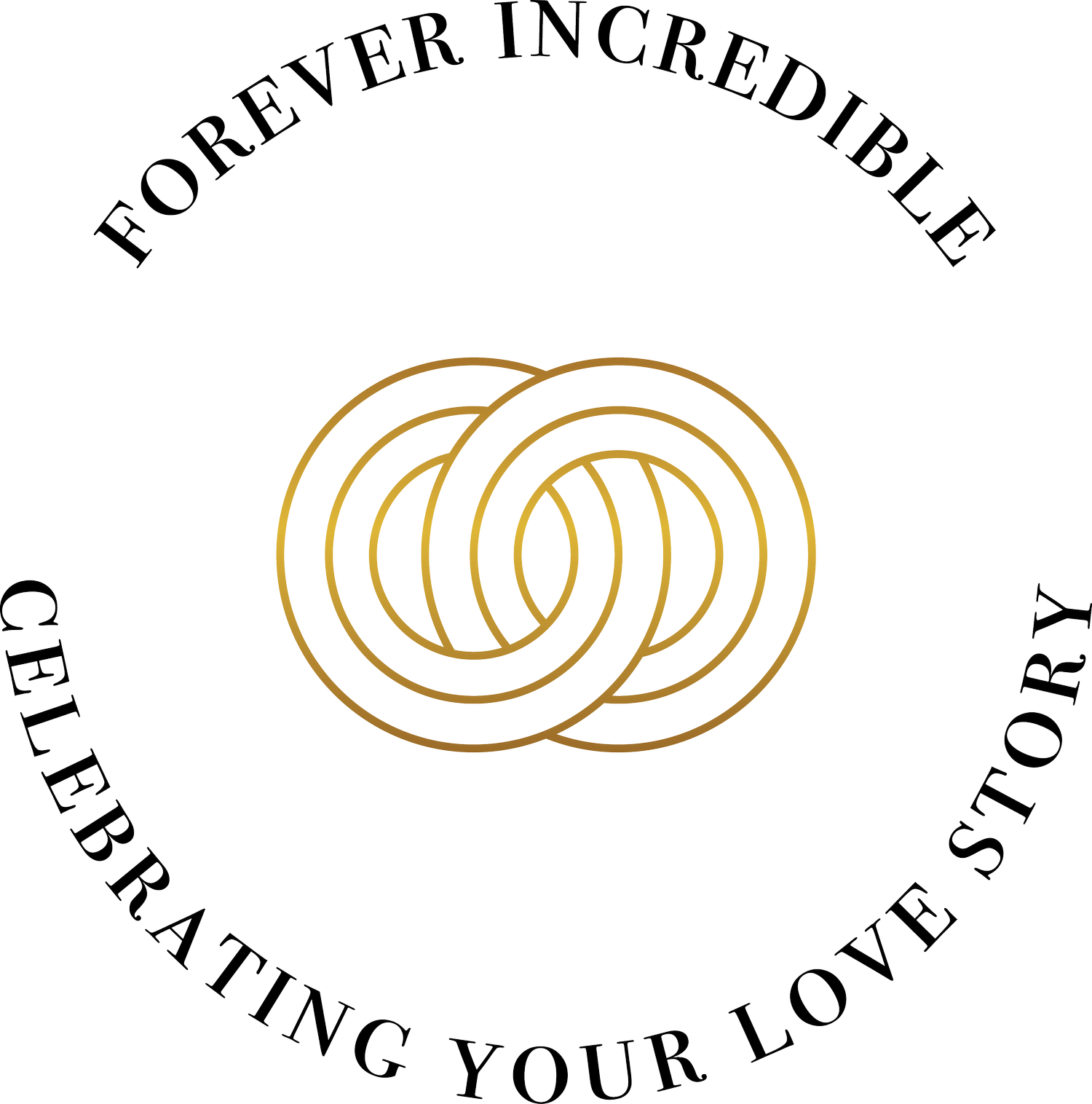Wedding officiants have been around since weddings first began, right?
Without a doubt! Stories about marriages have existed since written history began. Wedding officiants have definitely been around since marriage was instituted with the first recorded evidence of marriage ceremonies dating all the way back to about 2350 B.C. in Mesopotamia. And wedding officiants have a timeless presence since marriage started, but their roles and significance have evolved significantly over the centuries.
History from around the globe is full of stories of people who played the pivotal role in officiating wedding ceremonies, each with their own traditions. In ancient civilizations, such as Egypt, Mesopotamia, Greece, Rome, Mayans, Incas and more, marriage was seen as a sacred union blessed by the gods.
The oldest types of wedding officiants are religious leaders, who were considered to have the sacred authority that sanctified marriage unions across diverse cultures and faiths. From priests and rabbis to imams and shamans to pastors and ministers, these distinguished figures have guided couples through vows permeated by spiritual significance, fostering the union of two individuals, the unity of their families, and blessings within their community.
Additionally, elders or reverend community members have historically overseen weddings, embodying ancestral wisdom and communal values. Their presence has long symbolized the continuity of tradition and the collective support bestowed upon the newlyweds as they embark on their journey together as a married couple. Alongside them, family patriarchs or matriarchs often held sway, orchestrating unions within their kinship network and cementing familial ties through the union of marriage.
In some societies, civic or government officials have taken the role of officiants, these weddings are made with legal solemnity and societal recognition. These unions often underscored the significance of marriage as a cornerstone of civil order and legal obligation, establishing that unions were duly recognized and protected under the law.
You also have spiritual guides or healers that assume the role of officiant. Often in indigenous or tribal communities facilitated ceremonies imbued with profound connections to nature, ancestors and the divine. Through rituals steeped in ancient wisdom and reverence, these guardians of spiritual knowledge united couples in harmony with the rhythm of the natural world, fostering bonds that transcend the material realm.
The variety of officiants spans time and cultures, embodying the enduring essence of union in marriage, each adding a distinct hue to the vibrant spectrum of wedding customs and traditions observed worldwide. However, as societies progressed and cultures diversified, the role of wedding officiants has adapted to reflect changing beliefs and values.
The rise of secularism and diminishing influence of religion within present-day societies have undeniably reshaped the landscape of wedding ceremonies. As traditional religious structures become less prominent in people’s lives, there has been a corresponding surge in the popularity of secular or non-religious wedding ceremonies.
This shift reflects a broader societal trend towards individualism, personalization and the prioritization of values and beliefs that rise above religious doctrine. This has led to the emergence of professional officiants and celebrants who are authorized by the local regulations to legally marry couples without any religious affiliations.
Fast forward to modern times, and we see a remarkable shift towards personalized and inclusive wedding ceremonies. Couples today are empowered to choose officiants who resonate with their beliefs and values, whether they are religious, spiritual, secular, or even friends or family members ordained for the occasion.
At Forever Incredible, we embrace this evolution wholeheartedly, recognizing that every couple deserves a ceremony that authentically reflects their love story and vision for their future together. We take pride in our ability to craft ceremonies that are as unique and diverse as the couples we serve, incorporating personalized elements, meaningful rituals, and heartfelt sentiments to create truly unforgettable moments.
While the core of wedding officiants remains rooted in the solemnization of marriage, the evolution over time reflects a broader cultural shift towards inclusivity, diversity, and personalization.




